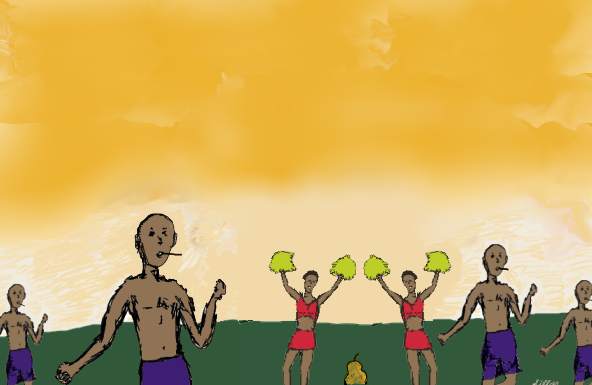Explain the following terms with your own examples. a) Norms b) Folkways c) Values d) Groups a) Norms: Social norms are described by sociologists as being laws that govern society’s behaviors . Although these norms are not considered to be formal laws within society, they still work to promote a great deal of social control. Social norms can be enforced formally (e.g., through sanctions) or informally (e.g., through body language and non-verbal communication cues.) If people do not follow these norms then they become labeled as deviants and this can lead to them being considered the outcast of society. What is considered “normal” is relative to the location of the culture in which the social interaction is taking place. Norms in every culture create conformity that allows for people to become socialized to the culture in which they live. Sociology’s theorists such as Talcott Parsons and Karl […]
Sociology, Basic characteristics, Theoretical Perspectives of Sociology
What is Sociology? What are its basic characteristics? Explain major theoretical perspectives of Sociology? Definition of Sociology The subject has been looked from various points of view and now it is an opportune time to define the subject properly. According to P.A. Sorokin “sociology is a generalizing science of socio-cuitural phenomena viewed in their generic forms, types, and manifold interconnections. ” (Bierstedt, 1970. 3-28) Sociology is the scientific study of human society and social behaviour. The subject matter of sociology is huge and complex, and the knowledge produced by sociological research is still imperfect in many ways. However, it has taught us a great deal about ourselves. (RotarTson, 1977 :3) No formal definition of sociology is very satisfactory. Short definitions don’t really define; long definitions are clumsy. Yet a definition of some sort is needed, and sociology is often defined as the scientific study of human social life.. Human beings […]
